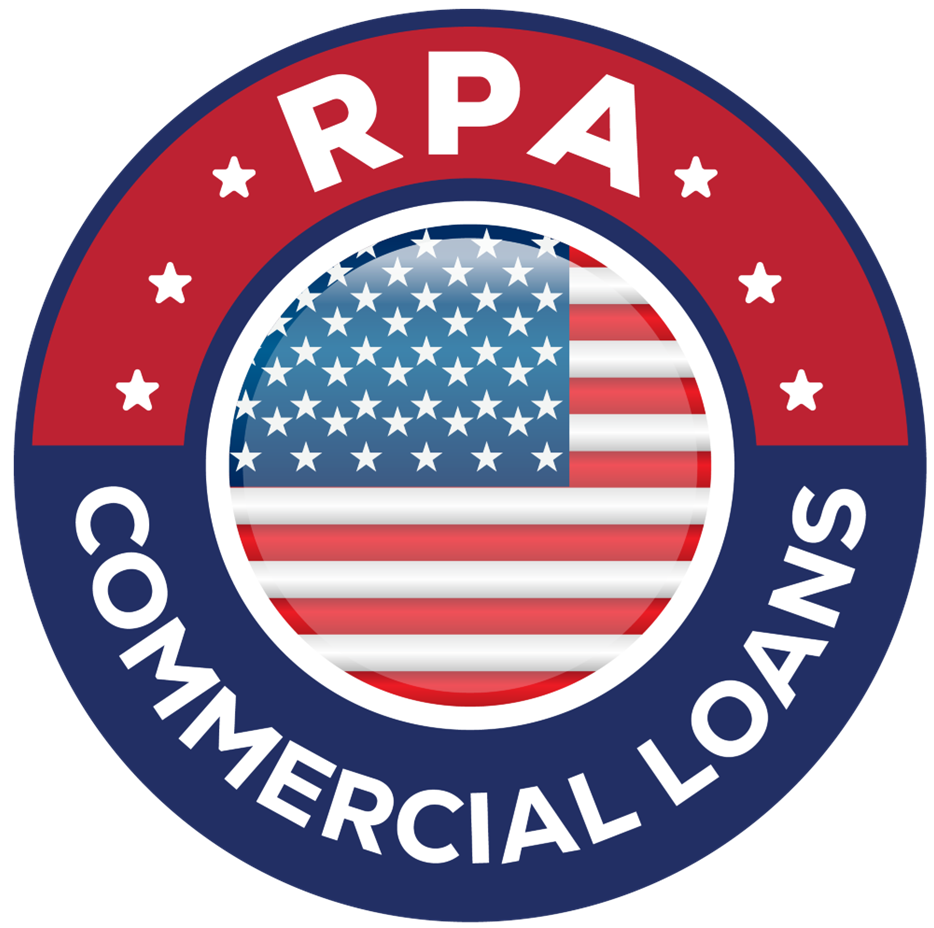Today is “Tax Day” for most individuals in the USA, so let’s discuss the importance and relevance of business tax returns. Your business return may have been filed by March 15, but the vast majority of businesses seek extensions to file, sometimes as late as October 15 of each year.
Business tax returns are a critical component of commercial mortgage applications, providing lenders with a comprehensive view of a company’s financial health and stability. However, there are specific circumstances where they might not be necessary. Here’s a detailed explanation of their importance and the conditions under which they might be less critical:
Importance of Business Tax Returns
Financial Verification
Income and Revenue Verification:
-
- Income Proof: Business tax returns provide verified documentation of a business’s income and revenue. Lenders use this information to assess the company’s ability to generate sufficient income to support debt service.
Expense Documentation:
-
- Expense Analysis: Tax returns detail operating expenses, which help lenders evaluate the net operating income (NOI) and assess the profitability of the business.
Debt Service Coverage
Assessing DSCR:
-
- DSCR Calculation: Tax returns are used to calculate the Debt Service Coverage Ratio (DSCR), which measures the business’s ability to cover its debt obligations with its net operating income.
Financial Stability
Historical Performance:
-
- Track Record: Lenders review multiple years of tax returns to analyze trends in revenue, profit margins, and overall financial stability. This historical data is crucial for assessing the long-term viability of the business.
Consistency and Reliability:
-
- Consistency: Consistent revenue and profitability shown in tax returns build lender confidence in the business’s financial reliability and its ability to handle additional debt.
Creditworthiness
Lender’s Risk Assessment:
-
- Creditworthiness: Tax returns help lenders evaluate the business’s creditworthiness and determine the risk associated with lending. They provide insights into the company’s financial practices and tax compliance.
When Business Tax Returns Might Not Be Necessary
Alternative Documentation
High-Quality Financial Statements:
-
- Comprehensive Statements: If a business can provide detailed and accurate financial statements, including profit and loss statements, balance sheets, and cash flow statements, some lenders might accept these in place of tax returns, especially if they are prepared by a certified accountant.
Audited Financial Statements:
-
- Audits: For larger businesses or more complex applications, audited financial statements can sometimes replace tax returns, as they offer a high level of credibility and accuracy.
Short-Term or Bridge Loans
Temporary Financing:
-
- Bridge Loans: For short-term financing needs, such as bridge loans, lenders might focus more on the property’s value and the borrower’s ability to repay within a short period, rather than the detailed review of tax returns.
Strong Business Credit Profile
Established Credit History:
-
- Strong Credit Profile: If a business has a strong credit history with a high business credit score and a solid record of financial management, some lenders might place less emphasis on tax returns.
Non-Traditional Lenders
Alternative Financing Sources:
-
- Non-Traditional Lenders: Alternative lenders, such as private lenders or peer-to-peer lending platforms, might have more flexible documentation requirements compared to traditional banks. They may rely more on cash flow analysis or other financial metrics rather than tax returns.
Real Estate-Based Loans
Property Focus:
-
- Property Value: In cases where the loan is heavily based on the value of the property itself, such as a property acquisition or refinance, lenders might prioritize property appraisals and income generated by the property over detailed business tax returns.
Conclusion
Business tax returns are essential for commercial mortgage applications as they provide a thorough view of the business’s financial health, income stability, and ability to service debt.
However, in certain situations, such as with alternative financing options, short-term loans, or if high-quality financial statements are provided, tax returns might be less critical. It’s important for borrowers to understand the specific requirements of the lender and be prepared with alternative documentation if necessary.
Properly managing financial documentation and maintaining a strong credit profile can help streamline the mortgage application process and potentially reduce the emphasis on tax returns.
If you obtain an extension to file, and therefore do not have last year’s tax return completed at the time you apply for a commercial loan, in lieu of providing your most recent tax return, you can often provide your company financial statement for the previous year, along with a T-12 and/or YTD financial statements through the most recent quarter ending date. Be sure to provide a copy of your extension form with your financial statements.





